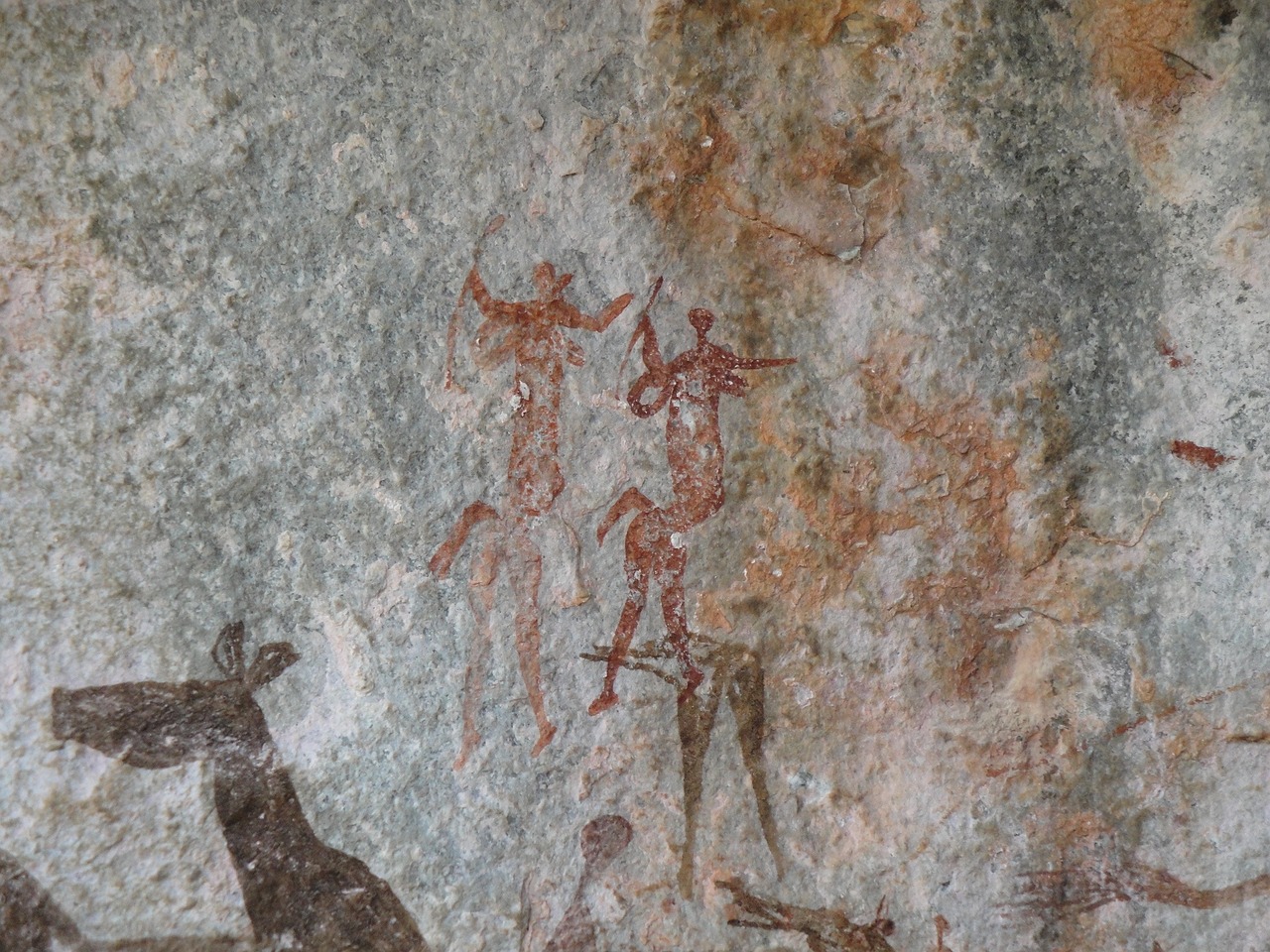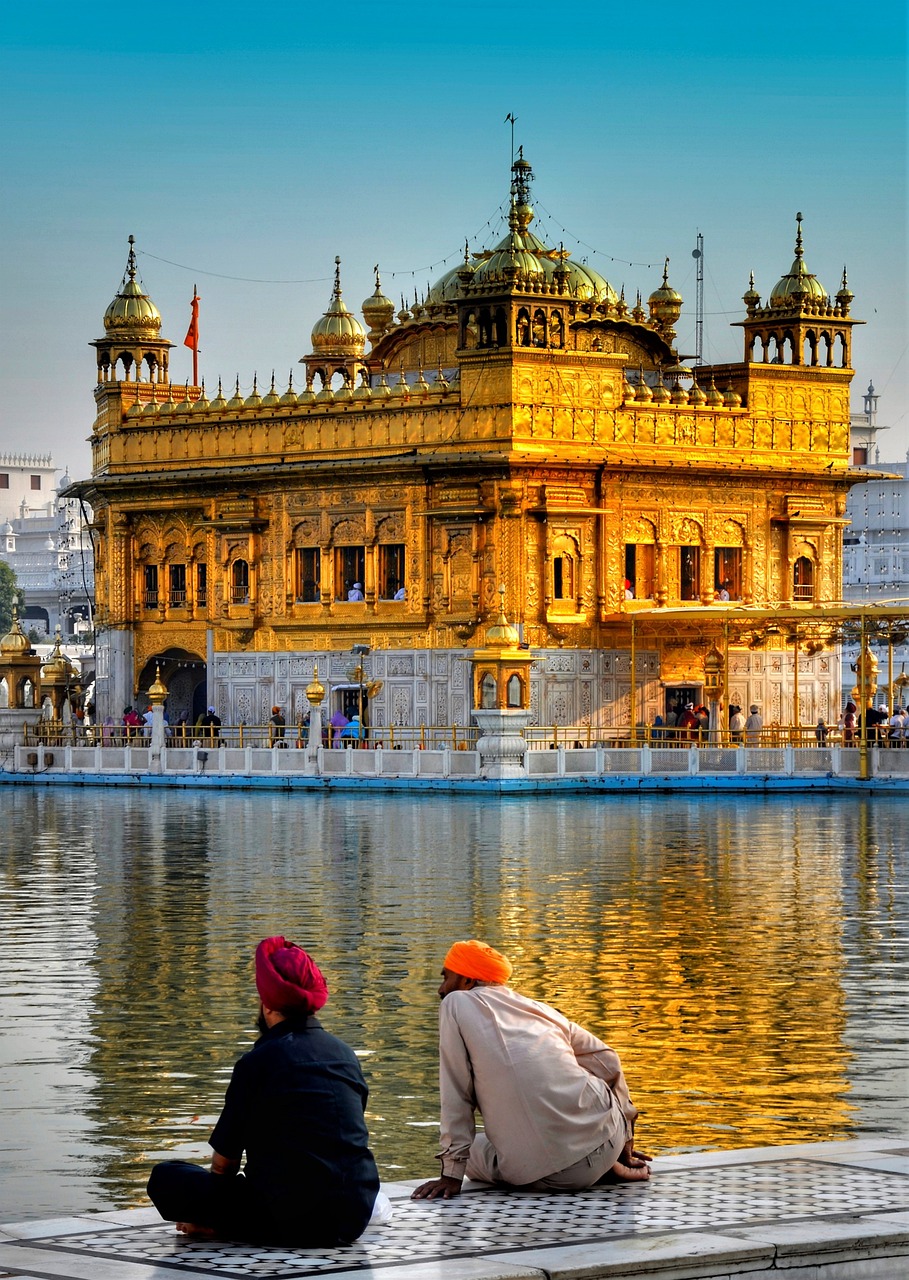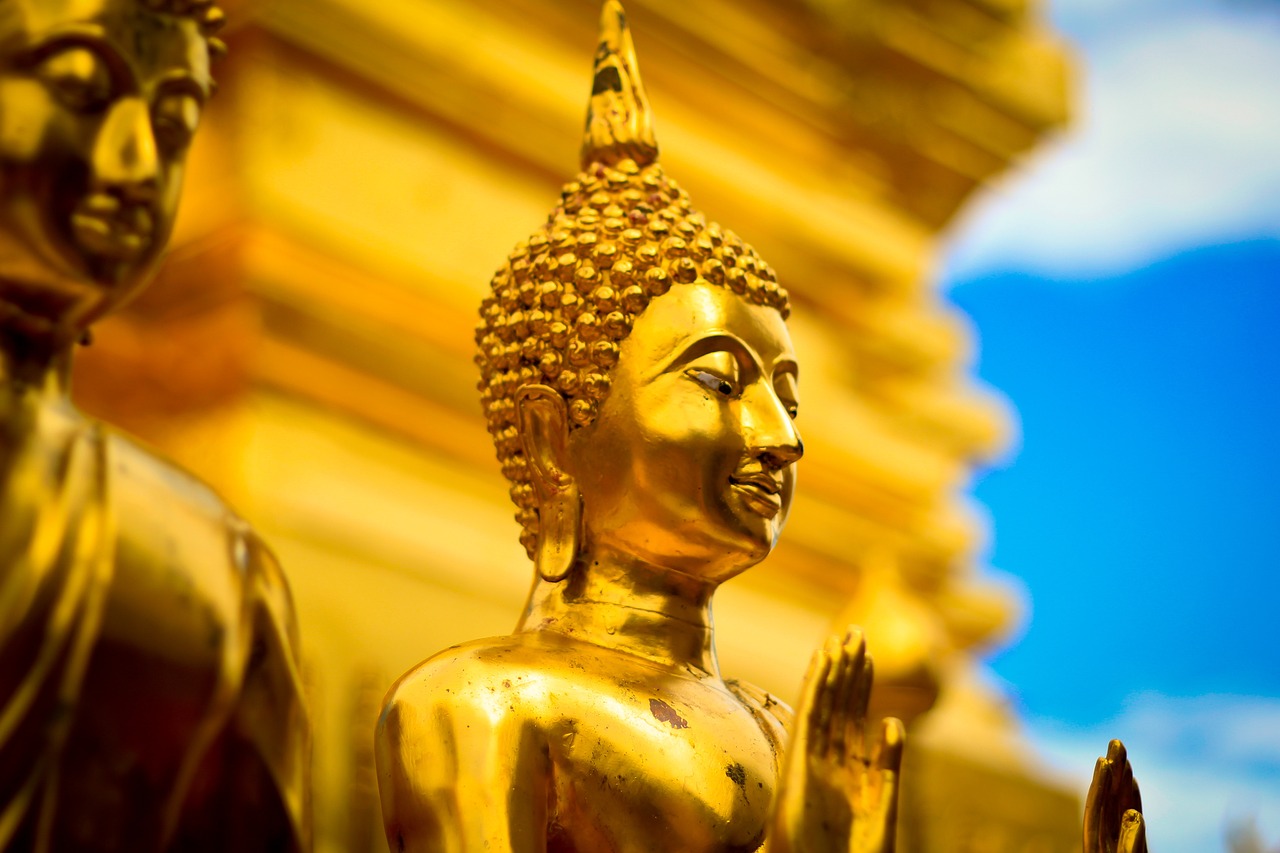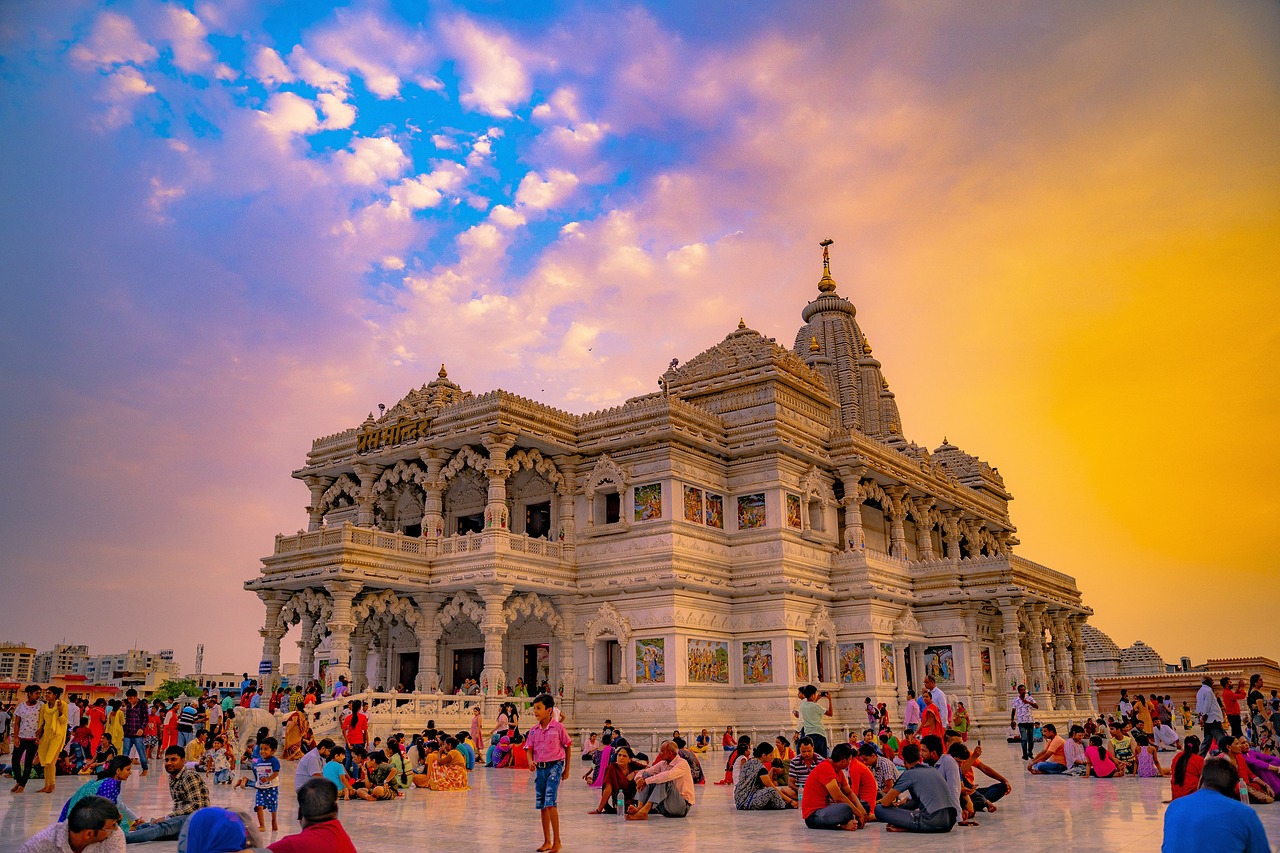Religions and faiths share sets of beliefs, symbols, ideas, and ways of life that many people hold. These shape countless human mindsets and actions. Most religions hold one or several teachers and books that feature lessons, outlooks, and rules. These drive beliefs in something or someone and gain many followers. Notice how some religious ideas offer answers, comfort, direction, and guidance – more so during hard, doubtful times. They can also help raise awareness of common human errors and stop you from repeating the same mistakes. Despite these merits, religion cannot bring every answer. Accept this truth. No matter how wise your mind becomes, realise that it cannot know everything. This embrace leads you through the unknown, where doubts, fear, pain, and worries subside. A simple peace. It forms the true centre and purpose shared by all religions.

Religions and faiths share sets of beliefs, symbols, ideas, and ways of life that many people hold.
Where does religion come from?
Humans in their early primal stage of development held less power to note and watch their minds. In effect, they were slaves to the ego’s tangled, separated notions of ‘me, I, mine, theirs and them’. Many ancient religions lost themselves to this issue. Despite this, some gifted teachers noted the ego’s fallacy and its effect on humans and the planet. They shared teachings of oneness, inner peace, balance, and health. Timeless gifts. Such writings – often masked within ancient religions – aimed to raise awareness and transcend the early tribal nature of humans.

Religion comes from the tribal and social nature of humans.
What does religion reflect?
Religion reflects the human mind and its onward course toward balance. To confirm this, look closer at religious ideas. These often echo the ego’s desire to own, control, and destroy anything that refuses to align with its stance. War and violence are common themes. Writings of this nature show the brain in its primal state. Their motives centre around the ‘me’ and its need for ‘others’ to oppose and engage with. A vital point. The same texts often teach how to surrender and release the ego. For example, some religions teach their followers to wash/bathe and remove footwear before prayers. The same writings also mention acts of meditation, helping people, folding hands, and bowing when greeting others. These details point toward humility. In short, they express the course of humans recognising the mind, rising above its contents, then breaking free from the ego’s heavy influence.

Religion reflects the human mind and its onward course toward balance.
Why do many religions invoke fear?
Many religions invoke fear because of their roots and link with the imbalanced human ego. This entity seeks to defend its ideas, hence why it attacks anyone who opposes or threatens it. Such mindsets use fear as a common tactic to control and overcome any opposing beliefs. Stay alert to these. They thrive in religions that create notions of punishing, vengeful, angry and judging gods. Some people believe these beings keep track of your actions and aim to reward or punish you later. False ideas like this steer you away from finding life’s inner peace and drive many to live in fear. In effect, they invoke further guilt and dread, promote violence and stop you from finding inner peace. Mature, alert minds see through such delusions. Realise this vision. By doing so, you no longer fall for the imbalanced ego’s traps, no matter how or where it presents itself.
The root themes of religion are moral conduct and honesty. However, in a low awareness state, your mind often forgets these traits. Here, distorted views arise as the ego’s fears, imbalances, and sorrows gain power. A false state. Witness this issue when religion takes extreme stances. Here, it threatens or harms those who think or live differently. Ask yourself, would life, in its pure open form, favour those who practice religion over everyone else? Of course not. Each human remains part of life’s oneness and no-one is lower, higher or more worthy of privilege than anyone else. Remembering this simple truth allows you to view everyone as equal. View your mind and its shallow traits with the same openness. Use it to note the mixture of contrasts, views, imbalances, emotions, and thoughts that lie within you. You then develop keen awareness, moral conduct, and freedom from fear.

The root themes of religion are moral conduct and honesty.
In a state of balance, can you still practice religion?
You can observe some traditions, even religious paths, out of choice in a balanced state. For example, you may enjoy visiting a temple to meet like-minded people or to partake in festive gatherings. In either case, you make an aligned, conscious choice – without fear or force. In this balanced state, you hold your unique values while remaining accepting and open toward everyone. A tolerant approach. Apply it to the stories, poetry and music of various faiths. Read, enjoy and listen to these. Understand their inner meanings. Make a list of religious teachings that echo your core values. Do they help you grow more aware? With this alertness, are you able to act wiser in the future? By thinking about religion this way, you exercise your balanced choice in what you wish to follow – without conflict.

You can observe some traditions, even religious paths, out of choice in a balanced state.
Is religious practice necessary for peace, health, and balance?
Religious practice is unnecessary for peace, health, and balance. You can thrive with or without it. In its true form, religion helps bring belonging and order, but the choice to practice remains personal. This point is vital. Don’t impose or support religions that use force, guilt, and fear. As mentioned earlier, these actions stem from the ego and cause further division. Reconfirm this by reading human history. Look closely and ask yourself if religion alone is to blame for wars and violence – it isn’t. In those cases, people were unaware of their ego, thus allowing it to hijack their thoughts, emotions, and actions. Stay alert to this movement within you. Such reflection doesn’t belong to any religion, culture, background, race, country or group and is free and available to all. This practice and outlook leads to peace, order, health, and balance.
Life’s space, intellect, and the cosmos existed long before religion and humankind. Its truth remains untouched. In light of these points, live life by experiencing, learning, and connecting with its space. Moving forward in this manner helps you respect other people’s ideas and beliefs while keeping an open mindset. This action brings forth your own wisdom, answers, and insights. Life then becomes the perfect teacher. Its knowledge is constant and thrives without beginning or end. Such endless insight. By accessing it, you behave, think, and act in a balanced, open fashion. This manner of thought compliments, yet lies beyond religious practice and allows you to live as a peaceful, mature, free person.



0 Comments